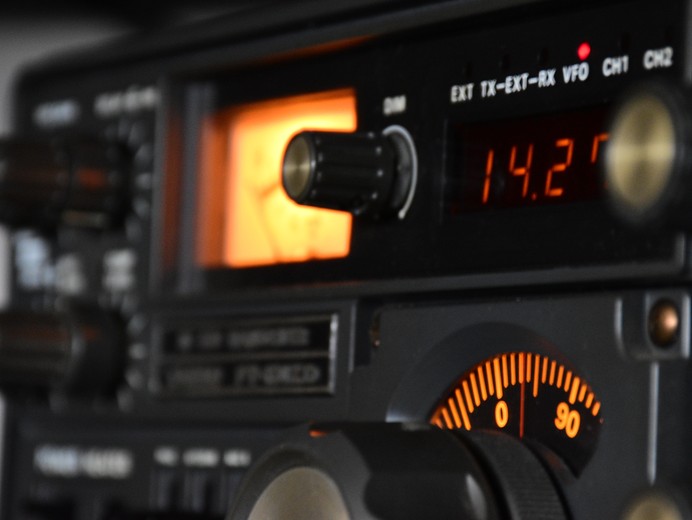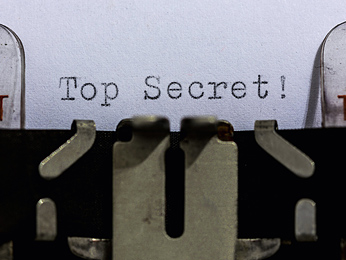The concept of a spy often conjures images of Cold War espionage, characterized by clandestine meetings, covert operations, and the use of gadgets. While modern intelligence work has evolved, you can still draw inspiration from the techniques and practices of that era. Here's a guide on how you might learn to become a spy like a 1950s spy:
1. Historical Research
- Study Cold War History: Read about the Cold War era, focusing on the major events, key figures, and intelligence operations.
- Biographies and Memoirs: Read biographies and memoirs of notable spies from the 1950s, such as Kim Philby, Allen Dulles, and others.
2. Skill Development
- Tradecraft: Learn about classic spy techniques, often referred to as "tradecraft," which include surveillance, countersurveillance, and covert communication methods.
- Steganography and Ciphers: Study old-school methods of secret communication, such as steganography (hiding messages within other messages) and manual ciphers.
- Gadgetry: Familiarize yourself with the gadgets used during the era, like concealed cameras, hollow coins, and disguised weapons.
3. Language Skills
- Foreign Languages: Many 1950s spies were fluent in multiple languages. Learning Russian, German, or other relevant languages can be useful.
4. Physical Training
- Fitness: Maintain good physical health and fitness, as many operations required agility and endurance.
- Self-Defense: Learn basic self-defense techniques, such as hand-to-hand combat or using small weapons.
5. Espionage Techniques
- Surveillance and Counter-Surveillance: Practice observing and following people without being detected, as well as spotting when you are being followed.
- Dead Drops and Brush Passes: Learn how to use dead drops (hidden locations for exchanging items) and brush passes (quick exchanges between operatives) effectively.
6. Cultural Immersion
- Blend In: Develop the ability to blend into different cultures and environments. Understand the customs and social norms of the time.
- Cover Stories: Practice creating and maintaining cover stories, an essential skill for any spy.
7. Classic Literature and Media
- Spy Novels: Read classic spy novels from the era, such as those by John le Carré and Ian Fleming, to understand the mindset and techniques of fictional spies.
- Films and TV Shows: Watch classic spy films and TV shows like "The Third Man" or "The Man from U.N.C.L.E." for inspiration and insight into the cultural portrayal of spies.
8. Practical Experience
- Role-Playing Games: Engage in role-playing games or simulations that mimic spy scenarios.
- Amateur Spy Groups: Some hobbyist groups and clubs focus on historical espionage and tradecraft, providing a safe environment to practice skills.
9. Ethical Considerations
- Ethical Standards: While it's interesting to learn about historical espionage, always adhere to legal and ethical standards in real life.
Resources for Learning
- Books: "The Spy and the Traitor" by Ben Macintyre, "Legacy of Ashes" by Tim Weiner, and "The Secret World" by Christopher Andrew.
- Online Courses: Some platforms offer courses on the history of espionage and intelligence techniques.
- Museums: Visit spy museums, such as the International Spy Museum in Washington, D.C., for exhibits on Cold War espionage.
By immersing yourself in the history, techniques, and culture of the 1950s, you can gain a deeper understanding of what it was like to be a spy during that fascinating era.







